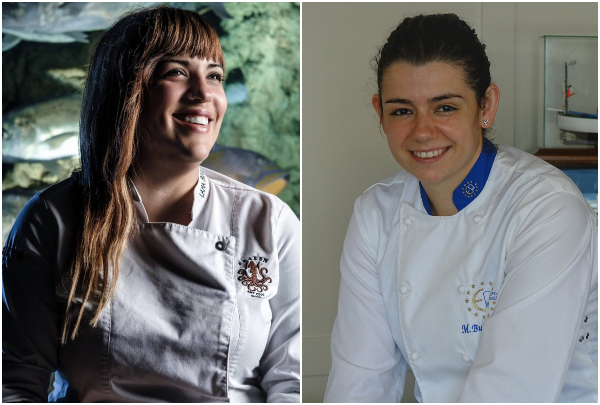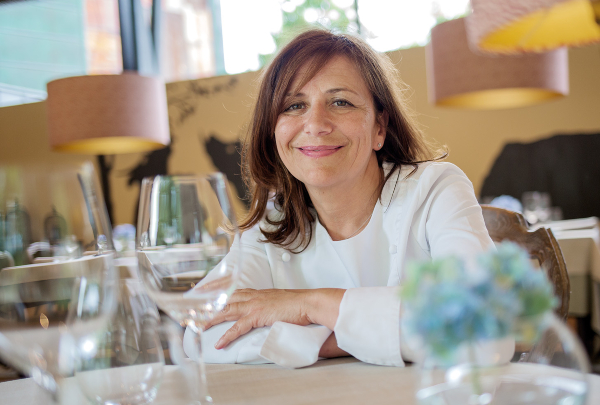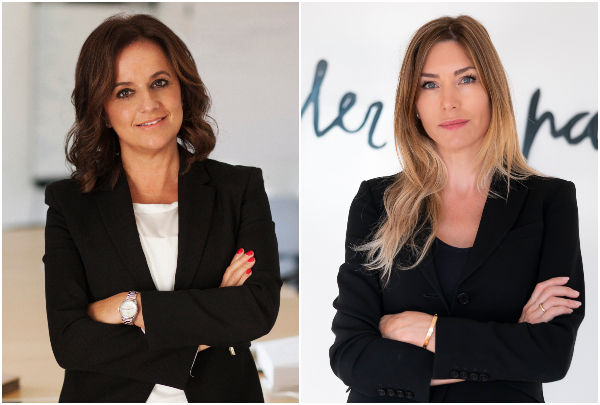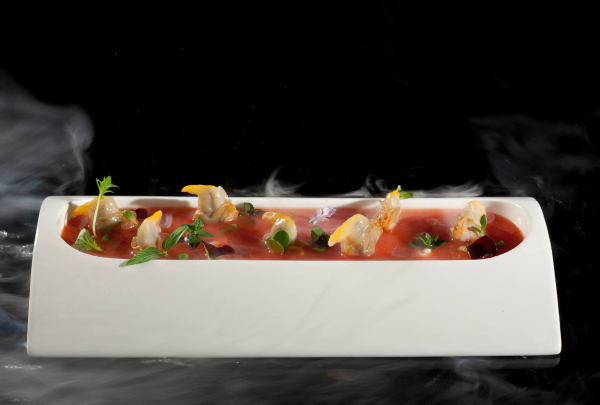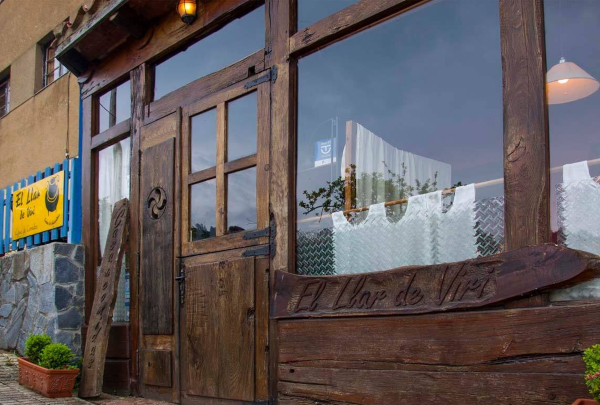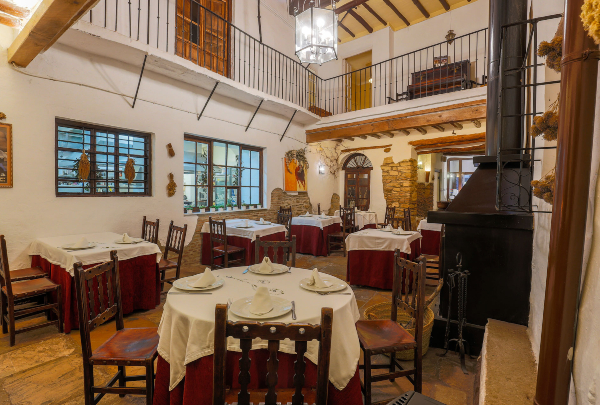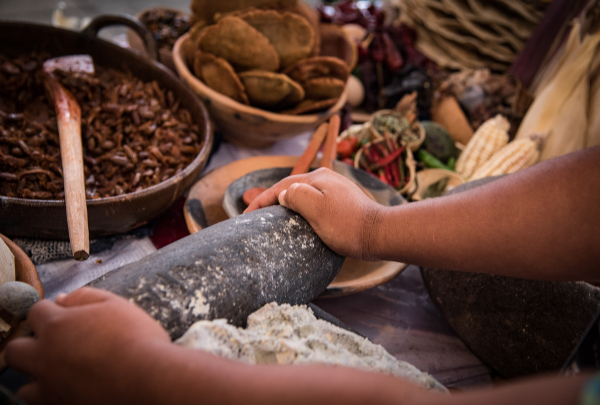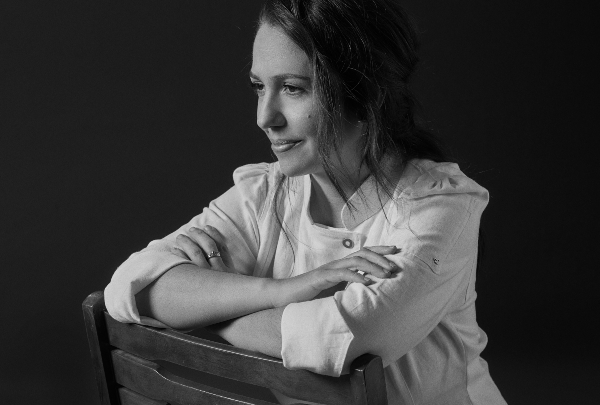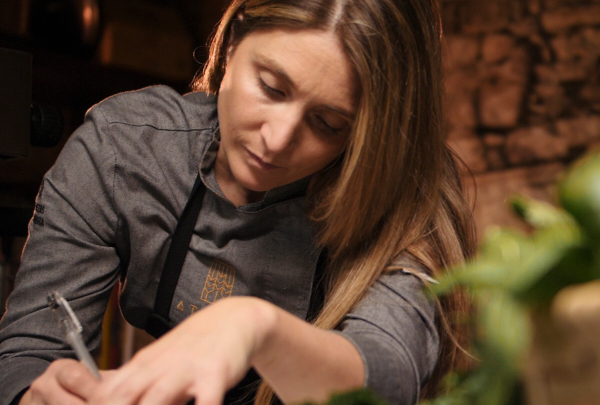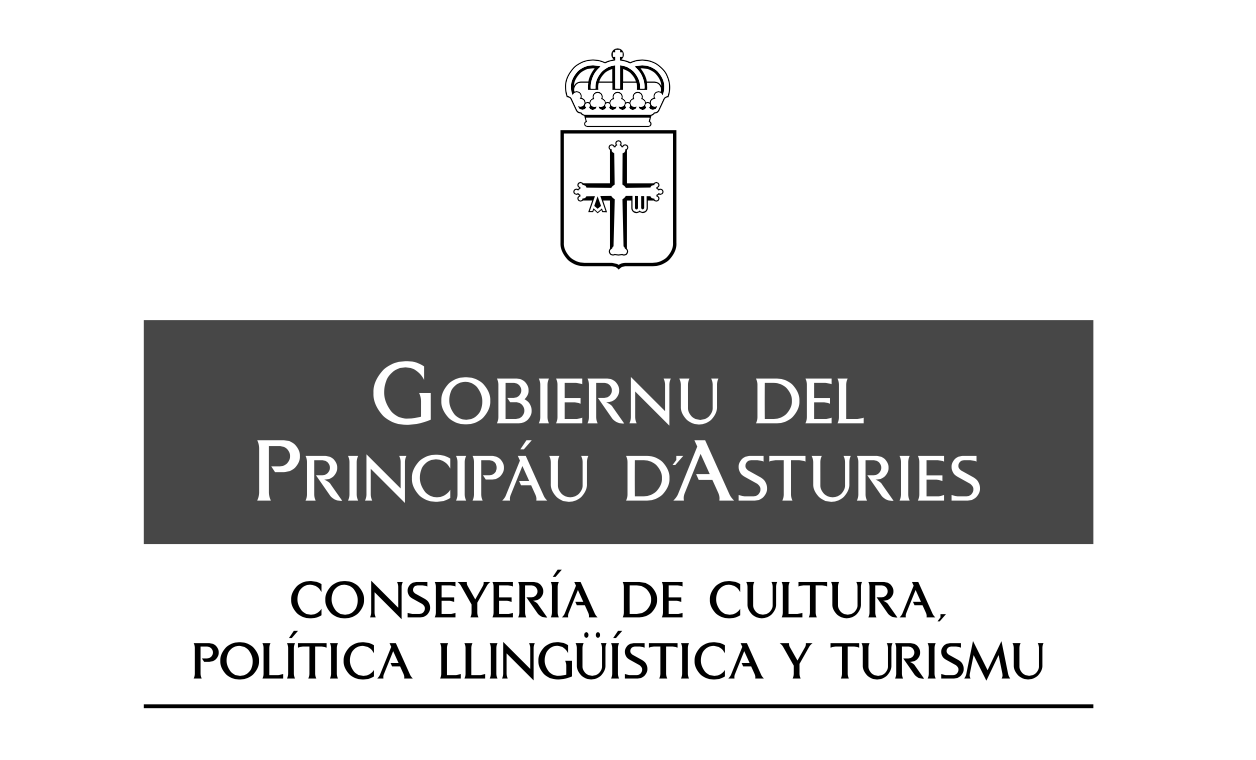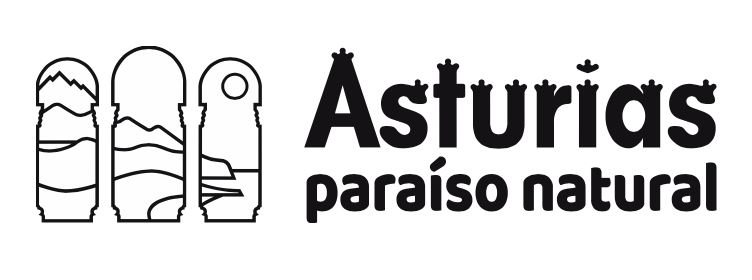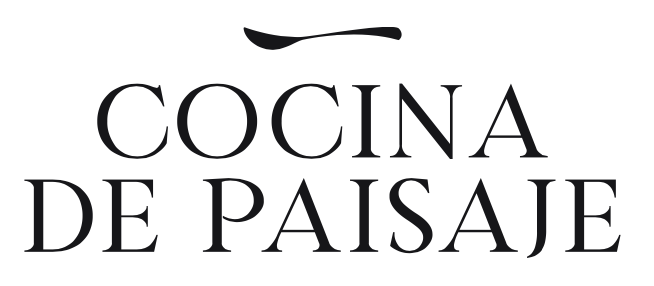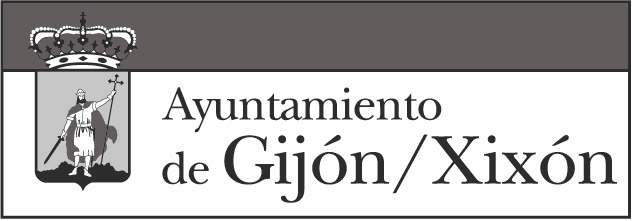Interview
"Women have always worked the land, but now they have more visibility”
.jpg)
A cowgirl, a female cheesemaker and a female shellfisher gatherer, all aged between thirty-something and fortyish. Three professional females heading up businesses and associations, demonstrating the validity of women in the primary sector and demanding their rights to go on working. They are Lucía Velasco, Yaiza Rimada and Rita Míguez, two ladies from Asturias and one from Galicia, three examples of tenacity, resilience and a passion for nature. Three leading lights who will be preaching and making their demands at FéminAS. Let's take a look at their lives and demands.
The transhumance breeder
Lucía Velasco was a professional soldier, although this detail of the biography is merely circumstantial in her case. A cowgirl continuing a tradition of generations, at 37 she runs her own livestock business, she is president of the Spanish Female Livestock Breeders' Association, "Somos tierra", and on a daily basis she copes with 120 cows, a husband to help out, and two small children. “It's the cows that are the hardest work”, she admits. Velasco comes from a family with a cattle transhumance background, and she wants to ensure the survival of this business model.
A model that means she spends the coldest six months of the year in civilisation - in La Reguera, near Oviedo - with the cows reproducing in their byres, and the warmest six months in Somiedo - up in the mountains - where the cows graze freely as family members come and go. “I'm rural for half the year and an urbanite for the other half, but I prefer to be in the mountains. Down below there my needs are catered for better, but I'm more attracted to life on the mountain”. A type of freedom for which she is grateful, and which she also enjoys with her children. “You have to have a balance. During the time in the mountain, I make arrangements with my husband to see the children at the weekends and during their holidays. The cattle can never be left alone, ever. But you do a combination of both”.
Taking care of cattle means walking almost 20 kilometres a day, "but I always find time to be with my children, and make jam and bread ... if you're the kind of person who likes village life, it's incredible. We just need slightly better connections", she points out. To bring this about and promote the role of women in the primary sector and fight to maintain the transhumance tradition, Velasco finds time to run the Asturias Female Livestock Breeders' Association "Somos tierra". And it's a safe bet that her jam will be very tasty too ...
The reinvented cheesemaker
42 years old and a native of Asturias (Sariego), Yaiza Rimada set up the "La Saregana" cheese factory in 2009 in the wake of a family livestock business going back generations. “The prices that were being paid for milk weren't making enough, and we had to reinvent ourselves". She started out making yoghurt and cottage cheese, and people liked the products. A lot of work, help from her husband when her father retired, and the passion of someone who loves their work consolidated a chimera in her home town, which now produces full-milk and skimmed-milk natural yoghurts, with strawberry, lime-lemon, mandarin and blueberries, and also cheese (natural "Quesu del Duernu", with fine herbs and "Encarnau") and natural butters.
The entire "La Saregana" range is 100% natural and artisan, with no artificial additives, produced in a system where the watchword is conviction. “We're a small enterprise that takes extreme artisan care with each step in the process”. This means production - milk from their own cows which they inseminate and feed in a natural process - and also packaging and distribution, exclusively to small outlets, restaurants and environmental markets in Gijón. “I don't sell to the major supermarkets. If I did, what happened with the milk could happen again", she argues.
She has an optimistic view of the future, "because popularity is gaining ground for livestock breeders, and especially female breeders. Women have always worked the land, but now they have more visibility”. “The figures are crunching nicely, but that's because I'm the director, the administration, the woman who milks the cows, and who turns off the light at night”, she admits. “But if you like nature, there's no better job”. Passion.
Galicia's lady of the sea
President of the National Association of Fishery Women (Anmupesca) since it was created in 2016, Rita Míguez (Cesantes, Pontevedra, 1973) is also president of the Arcade Fisheries Guild in Pontevedra. A shellfish gatherer, Míguez worked her way up right from the bottom in this sector to president of the Arcade Fisheries Guild, and also president of the body's Female Shellfisher Gatherers’ Group.
Míguez has an impressive CV, which shows that, among other posts, she is president of the Vírgen del Carmen female shellfish gatherers’ association, making her an efficient spokeswoman for an understanding of fishing in Spain and the role of women in the sector. According to Anmupesca's statistics, approximately 60,000 people work in the Spanish fishing industry, of whom some 16% are women. “We've been rendered invisible, but we've always been there, working on the sidelines and making a huge contribution. The sea only responds to people, and it needs to be looked after and respected", she explains.
The sea makes no gender distinctions, but society does more in that regard, and this Galician is aware that "any social change requires time and awareness. First and foremost we must be visible, we must be acknowledged as players, and people must be aware that we're an essential part of this sector, if we are really going to be given the role we deserve", she adds.
“With some assistance and improvements, the future is safe”
They work and work and work, and make use of forums such as FéminAS or the recent Meeting of the Seas to speak up and voice their demands. All three see a future in their sectors, in general terms and in feminine terms in particular, but they would make the odd change here and there. In the opinion of the shellfish gatherer, "the hand-down to the future generations can be guaranteed if we make the sector more professional. If we can secure proper pay, and can improve the social/employment situation”. Improvements involving the authorities, as Velasco adds: “To maintain sustainable livestock, village life, biodiversity and high levels of gastronomic quality, governments must get involved by improving roads, subsidising suppliers (fish arrives here sporadically, at vastly inflated prices), and providing access to Internet. That alone would increase populations”.
“The average age of female breeders is around 30-40, but some of them are only 16. There is a future and a change of generations out there, but they need help", claims the president of "Somos Tierra". Yaiza Rimada, a member of the Asturias group, rounds off: “With a little help from the government and greater awareness of local quality ("Why go to France to buy cheese if cheese of the same quality is available locally?"), this will work out. FéminAS will do its bit. And Velasco, Rimada and Míguez will show them where to do it.

